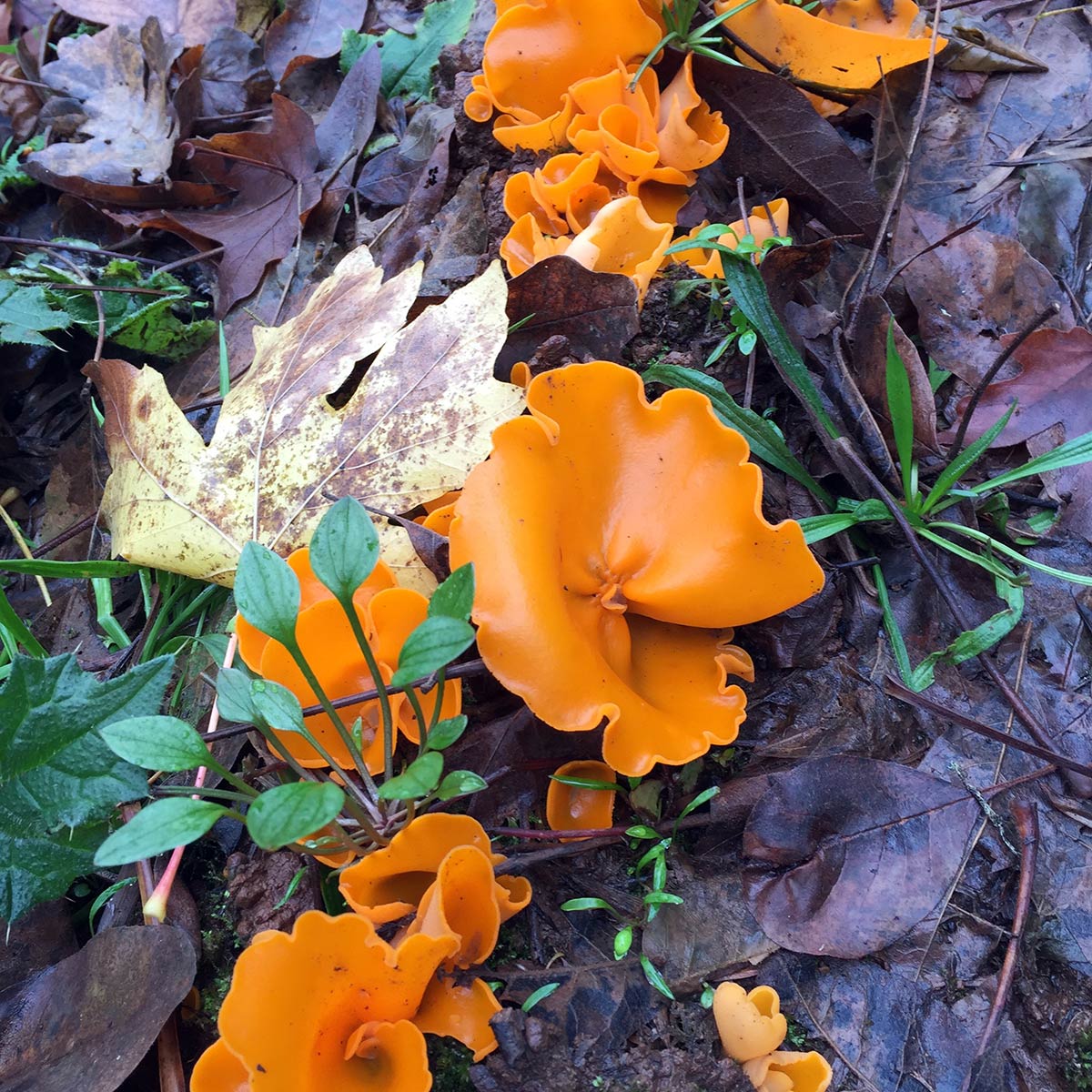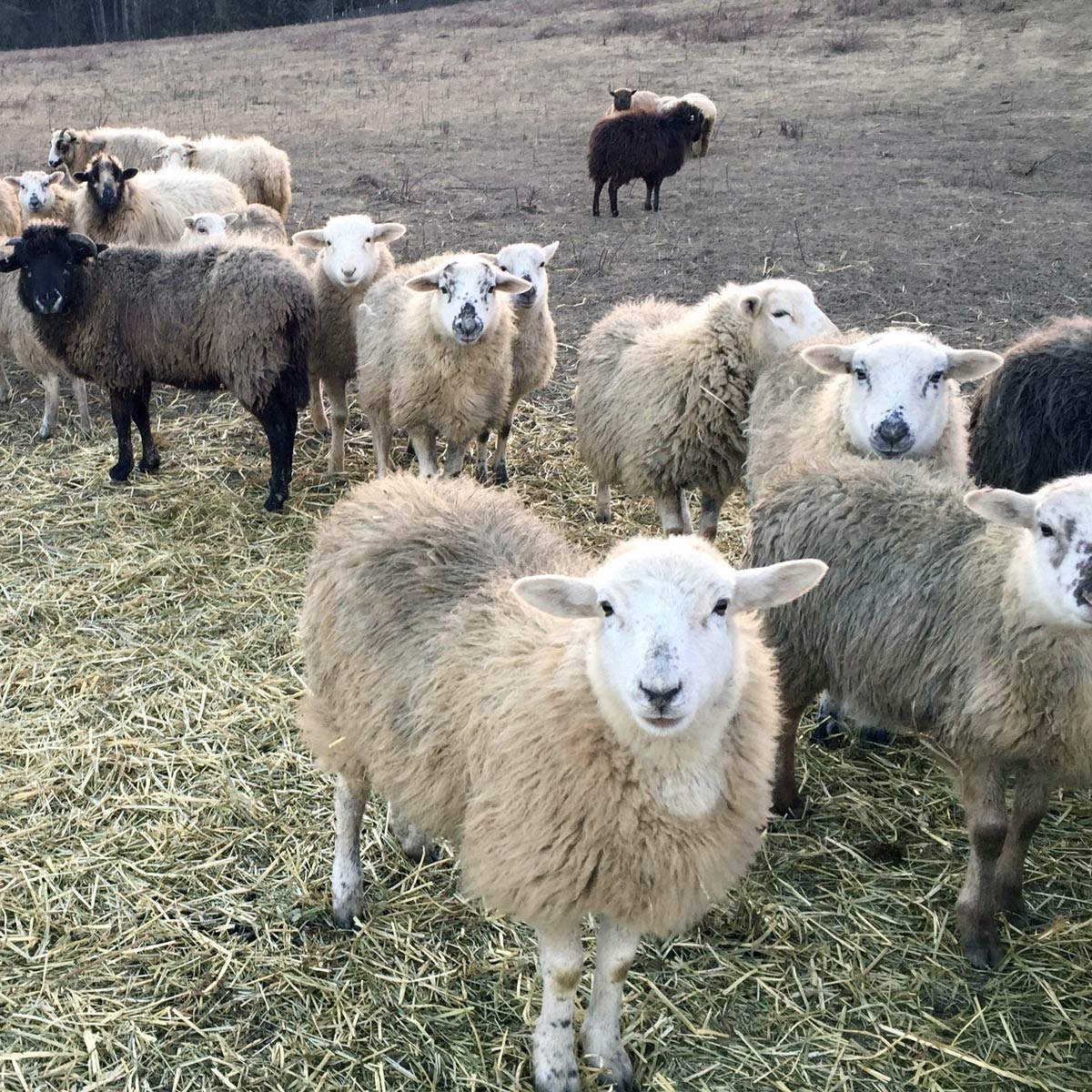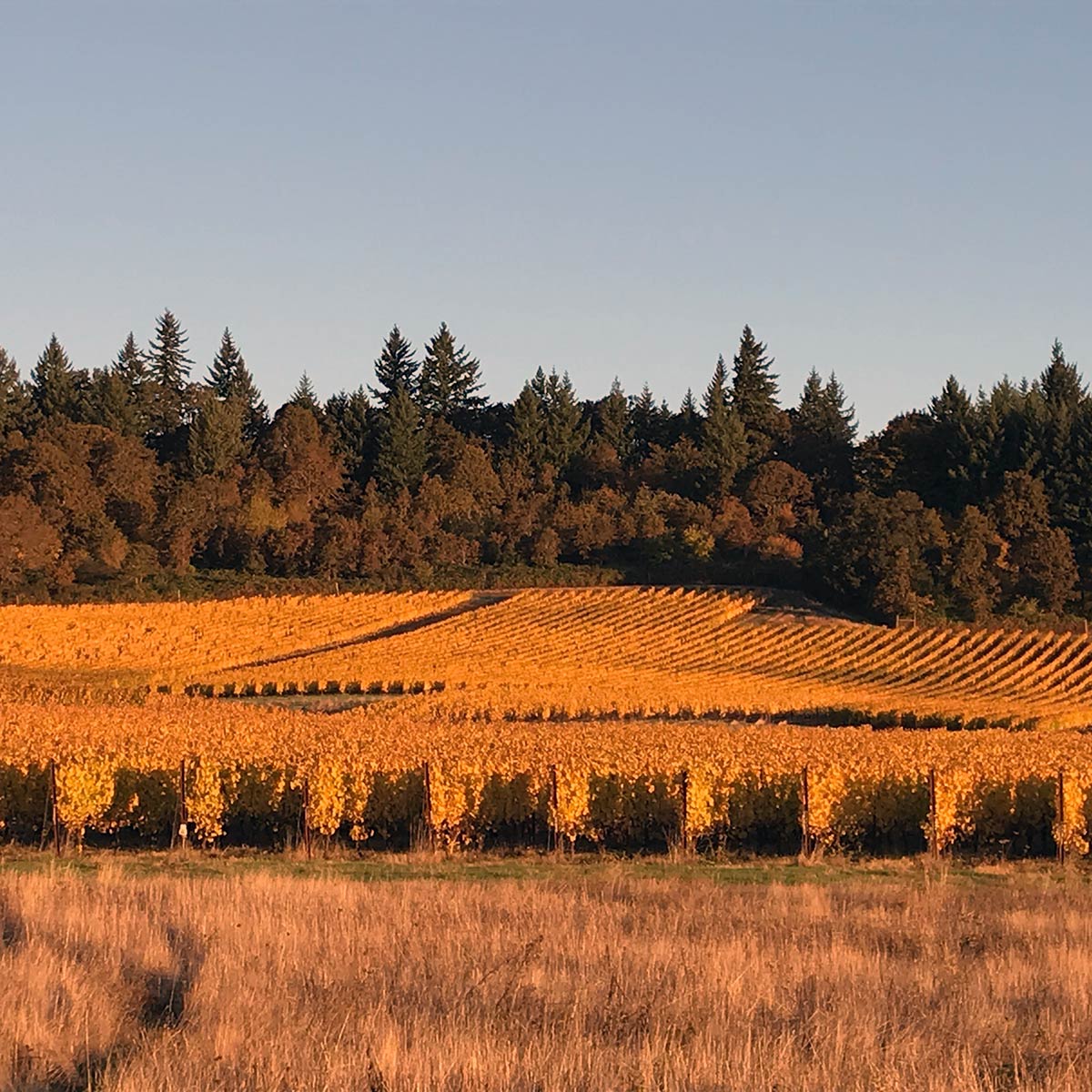Hope Well is a noun AND a verb.
Literally, Hope Well is a beautiful place where I live and work. It is where my children run with bare feet, where lush swaths of native habitat are the architectural foundation of a rich, textural landscape. It is where the roots of grapevines stretch and mingle with the roots of a full and diverse ground cover, twining, sharing and passing on the great secrets of a place in time through miles of silvery, tubular threads of mycorrhizal fungi. It is where those whispering tapestries, knotted and woven, are cradling, sustaining, and growing a magnificent subterranean fabric of vertebrates, invertebrates, plants, fungi, bacteria. It is a place where human animals labor with sheep, llamas, alpacas and goats to do the true good work of careful stewardship and humble attendance.
Hope Well is where the fruits of the earth are valued for what they are: true gifts. True and priceless gifts for which there can be no reciprocity. Hope Well is a place beyond the language of economics. Hope Well is a place for honoring the connections between life forms. Hope Well is where we say thank you with our hands, our hearts and our minds for the true and priceless gifts.
Hope Well is the borderless, dimensionless, six-sense experience of love.
Hope (v.) Old English hopian “have the theological virtue of Hope; hope for (salvation, mercy), trust in,” also “to have trust, have confidence; assume confidently or trust” (that something is or will be so), a word of unknown origin. Some suggest a connection with hop (v.) on the notion of “leaping in expectation” [Klein]
Well (n.) Old English wielle (West Saxon), welle (Anglian) “spring of water, fountain,” Figurative sense of “source from which anything is drawn” was in Old English.
Well (adv.) Old English wel ‘abundantly, very, very much; indeed, to be sure’
Well (v.) Old English wiellan, ‘to spring, rise, gush’


